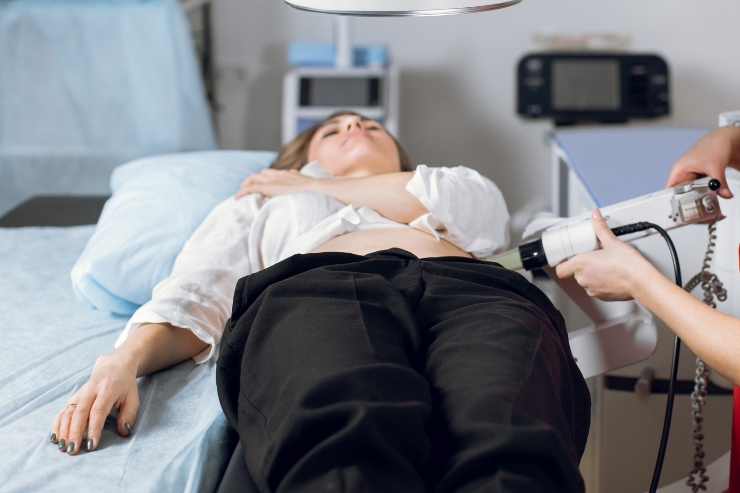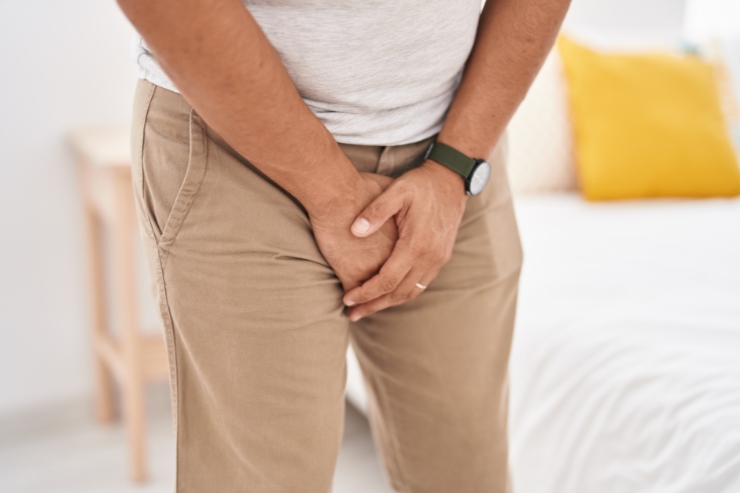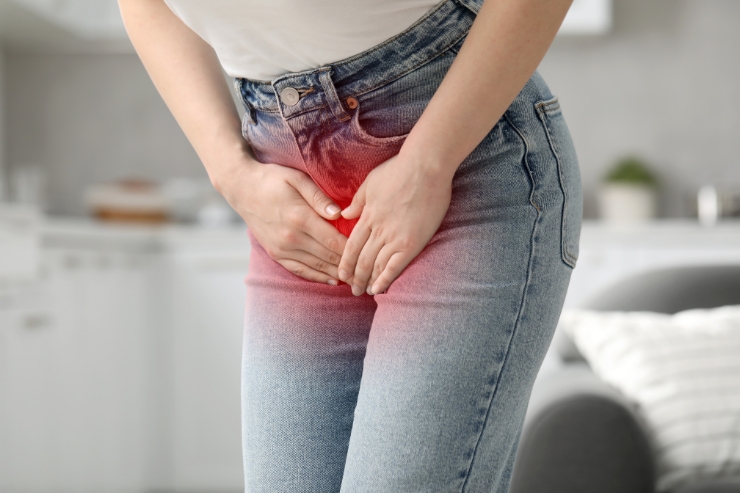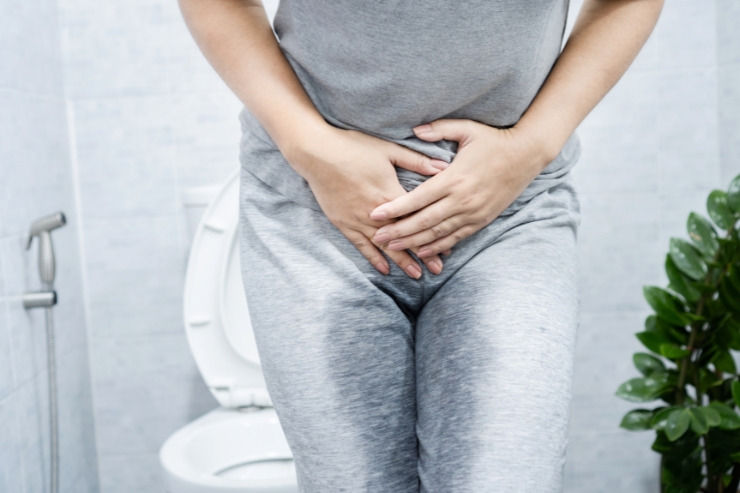Urology

Kidney Stone Removal (Laser/ESWL)
Kidney stones are hard mineral deposits that form in the kidneys and cause severe pain, nausea, and urinary difficulties. Minimally invasive techniques like laser lithotripsy and Extracorporeal Shock Wave Lithotripsy (ESWL) are effective for breaking stones into small fragments, which are then naturally passed out through urine. These procedures are painless, scar-free, and require little to no downtime. Advanced imaging helps accurately locate the stones, while tailored treatment plans ensure minimal recurrence. Hydration, diet changes, and follow-up screenings are essential in preventing stone reformation. Early diagnosis and treatment not only relieve pain but also protect long-term kidney function.
Prostate Enlargement (BPH) Treatment
Benign Prostatic Hyperplasia (BPH) is a non-cancerous enlargement of the prostate gland, commonly affecting men over 50. It leads to frequent urination, weak urine flow, and a constant urge to urinate, especially at night. Modern treatments include medications, minimally invasive procedures, and laser therapies that reduce the enlarged tissue, improve bladder emptying, and restore comfort. In advanced cases, surgical options like TURP (Transurethral Resection of Prostate) offer effective relief. Timely intervention is essential to avoid bladder damage, infections, or kidney complications. A healthy lifestyle, regular screenings, and customized care help maintain urinary health and enhance quality of life.


Urinary Tract Infection (UTI) Management
UTIs are infections in the urinary system affecting the bladder, urethra, or kidneys. Common symptoms include burning sensation during urination, pelvic pain, and cloudy or strong-smelling urine. Prompt treatment with antibiotics, hydration, and preventive measures is key to avoiding complications like kidney infections. Chronic or recurrent UTIs may require urine cultures, ultrasound scans, or cystoscopy for proper evaluation. Maintaining good hygiene, drinking plenty of fluids, and managing underlying conditions like diabetes are essential preventive strategies. With early detection and a personalized treatment plan, UTIs can be effectively managed and long-term urinary tract health preserved.
Erectile Dysfunction & Male Sexual Health
Erectile Dysfunction (ED) is the persistent inability to achieve or maintain an erection, affecting both physical and emotional well-being. It can result from stress, hormonal imbalance, nerve damage, or underlying health conditions such as diabetes or hypertension. Effective treatments include oral medications, hormone therapy, lifestyle modification, and penile injections or implants in severe cases. A thorough medical evaluation is essential to identify root causes and design the best approach. Sexual health counseling, stress reduction, and relationship support also play important roles. Addressing ED early restores confidence, improves relationships, and boosts overall health and quality of life.


Urinary Incontinence & Bladder Problems
Urinary incontinence is the involuntary leakage of urine, caused by weakened pelvic muscles, nerve dysfunction, or overactive bladder. It ranges from occasional leaks to complete loss of bladder control and affects both men and women. Treatment options include bladder training, pelvic floor exercises (Kegels), medications, and minimally invasive surgeries like sling procedures or Botox injections. For accurate diagnosis, urodynamic tests and bladder scans are used. Lifestyle changes, fluid management, and avoiding bladder irritants like caffeine also help manage symptoms. With the right care, bladder control can be significantly improved, restoring independence, confidence, and daily comfort.
